Lord of the Flies: How Does Golding Present the Character of Jack?
Introduction
In Lord of the Flies, William Golding presents Jack as a character who symbolises the darker, savage instincts within human nature. From the outset, Jack is shown as proud and authoritative, but as the novel progresses, his descent into violence and tyranny reveals the dangerous consequences of power and unchecked aggression.
Through Jack’s character, Golding explores themes of civilisation, savagery and the fragile nature of order.
Key Points and Quotes
1️⃣ Jack’s Desire for Power and Control
Jack is introduced as the leader of the choirboys and immediately shows a need for dominance over others.
Key Quote:
“I ought to be chief,” said Jack with simple arrogance. (Chapter 1)
Analysis:
The phrase “simple arrogance” highlights Jack’s overconfidence and sense of entitlement. Golding presents him as someone who equates leadership with power rather than responsibility, suggesting early signs of his dictatorial tendencies.
2️⃣ Jack’s Obsession with Hunting
As the story progresses, Jack becomes increasingly obsessed with hunting, which symbolises his descent into savagery.
Key Quote:
“Compulsion to track down and kill that was swallowing him up.” (Chapter 3)
Analysis:
The use of “compulsion” and “swallowing him up” suggests that Jack is losing control of his civilised self and being consumed by primal urges. Golding uses this to show how easily societal rules can be abandoned when individuals are left unchecked.
3️⃣ Jack’s Use of Fear to Control Others
Jack manipulates the other boys by exploiting their fear of the unknown, using it as a tool to maintain authority.
Key Quote:
“The thing is, fear can’t hurt you any more than a dream.” (Chapter 5)
Analysis:
Although spoken by Jack dismissively, this statement shows his awareness of fear’s power. As the novel continues, Jack harnesses this fear to control the boys, especially by positioning himself as a protector against the imagined “beast”.
4️⃣ Jack’s Complete Descent into Savagery
By the final chapters, Jack has fully rejected civilised behaviour, ruling through violence and intimidation.
Key Quote:
“Painted and garlanded, sat there like an idol.” (Chapter 9)
Analysis:
The imagery of Jack as an “idol” suggests he has become a symbol of primitive worship and absolute power. Golding presents him as a figurehead of savagery, highlighting how easily humanity can regress without order and moral constraints.
Authorial Intent
Golding, writing in the aftermath of the Second World War, uses Jack to represent the inherent violence within human beings when stripped of societal rules. Through Jack’s character, Golding critiques authoritarian leadership and suggests that civilisation’s structures are fragile, easily broken by the lure of power and fear. Jack’s descent mirrors the dangers of totalitarianism and warns against humanity’s potential for cruelty when left unchecked.
Jack’s character in Lord of the Flies symbolises the darker instincts of mankind. From arrogant choir leader to savage tyrant, his journey reflects the novel’s central message about the fragility of civilisation and the destructive potential of unchecked power. Through Jack, Golding offers a stark warning about the dangers of allowing primal instincts to overrule morality and order.
Need Help Preparing for Your GCSE English Literature Exam?
If you’re revising Lord of the Flies, Macbeth, Jekyll and Hyde or An Inspector Calls, I offer expert one-to-one tutoring to help you build confidence, improve essay technique and secure those top grades. I have availability for online sessions and in-person tutoring in South Manchester and surrounding areas.

